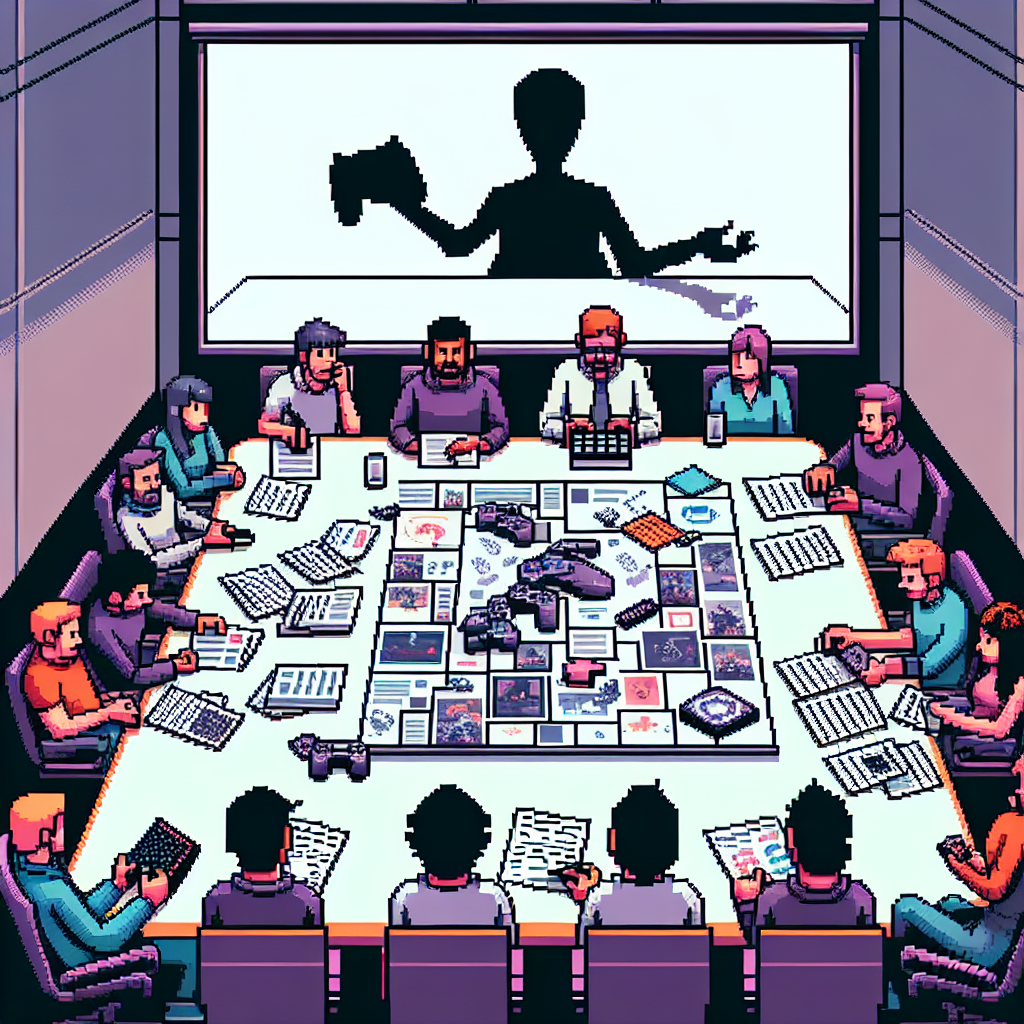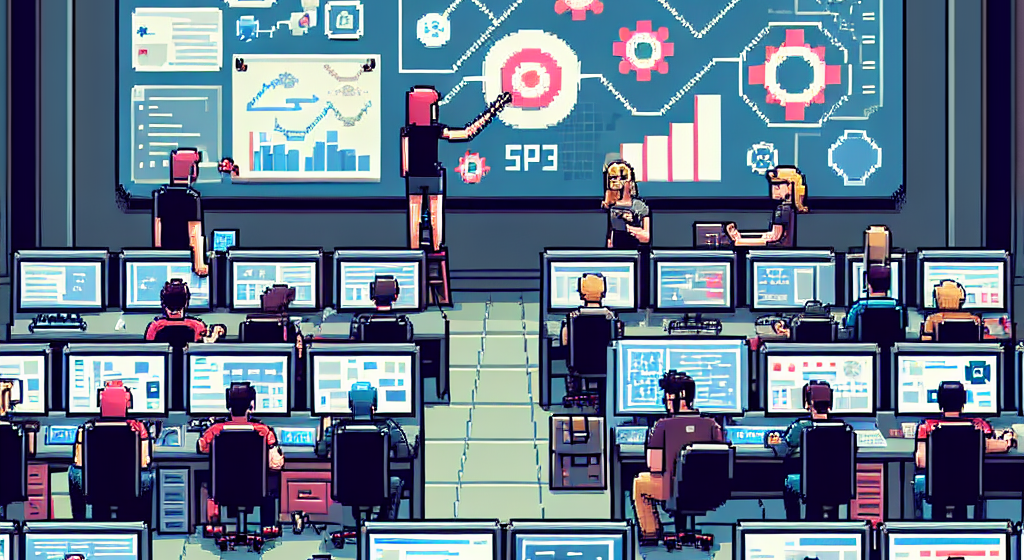**Survey Reveals Game Developers’ Concerns Over Live-Service Model Sustainability**
A recently published survey sheds light on a significant concern within the gaming community, particularly among game developers. The shift towards live-service models, exemplified by games like Destiny 2 and Suicide Squad, has many in the industry questioning their long-term viability and the broader implications for the gaming ecosystem. This sentiment highlights a potential pivot back towards traditional paid downloadable content (DLC) as a more sustainable approach.
### Growing Skepticism Among Developers
The survey highlights that a majority of game developers are wary of the live-service trend. While these games can offer continuous engagement and have the potential for consistent revenue streams through microtransactions, they require a hefty, ongoing developmental commitment and can often lead to community burnout and dissatisfaction if not managed effectively.
The skepticism is not just about the economic model but also touches on quality and creativity concerns. Developers are worried that the push to prolong the lifespan of a game through continuous updates may sacrifice the narrative depth and originality seen in traditionally structured games.
### The Case for Paid DLC
Interestingly, the survey suggests a renewed interest in paid DLC—content that players purchase post-launch to add substantial gameplay, story elements, or features to the base game. This model, popularized by countless successful games in the past, is seen by many developers as a more straightforward approach. It allows for the expansion of a game’s universe while providing well-defined, one-time additional content that does not require the perpetual content treadmill of live-service models.
### Industry Implications
This shift in developer sentiment comes at a time when consumer fatigue for live-service games is beginning to show. Players express frustration over the “grind” required to progress in many live-service systems, which can often feel unrewarding or overly time-consuming. The return to a paid DLC model could potentially alleviate these frustrations by offering players well-crafted, meaningful expansions that respect their time and investment.
### Live-Service Games: A Mixed Bag
Despite the concerns, live-service games have undeniably been successful for numerous major franchises. These games create dynamic, ever-evolving worlds and communities that keep players engaged and offer developers a platform to innovate continuously. However, this model demands a delicate balance between maintaining an engaging game flow and managing community expectations, all while ensuring the game remains profitable.
### Looking Ahead
As the industry continues to evolve, the feedback from game developers as highlighted in the survey could spur more companies to reconsider how they design and monetize their games. Whether the future holds a resurgence of traditional paid DLC practices or a hybrid model that can incorporate the strengths of both systems remains to be seen.
For game developers and players alike, the ongoing debate about the best ways to sustainably deliver engaging content is far from over. Insights from the full survey are crucial for anyone interested in the future directions of game development and are available in detail on Kotaku [here](https://kotaku.com/live-service-games-survey-devs-worried-unsure-future-1851414325).
**Source:**
– Kotaku: “Publishers Pivoting To Live-Service Games Have Most Devs Worried” – Details a survey reflecting game developers’ concerns about the sustainability of live-service games and their thoughts on returning to paid DLC models.



Leave a Reply